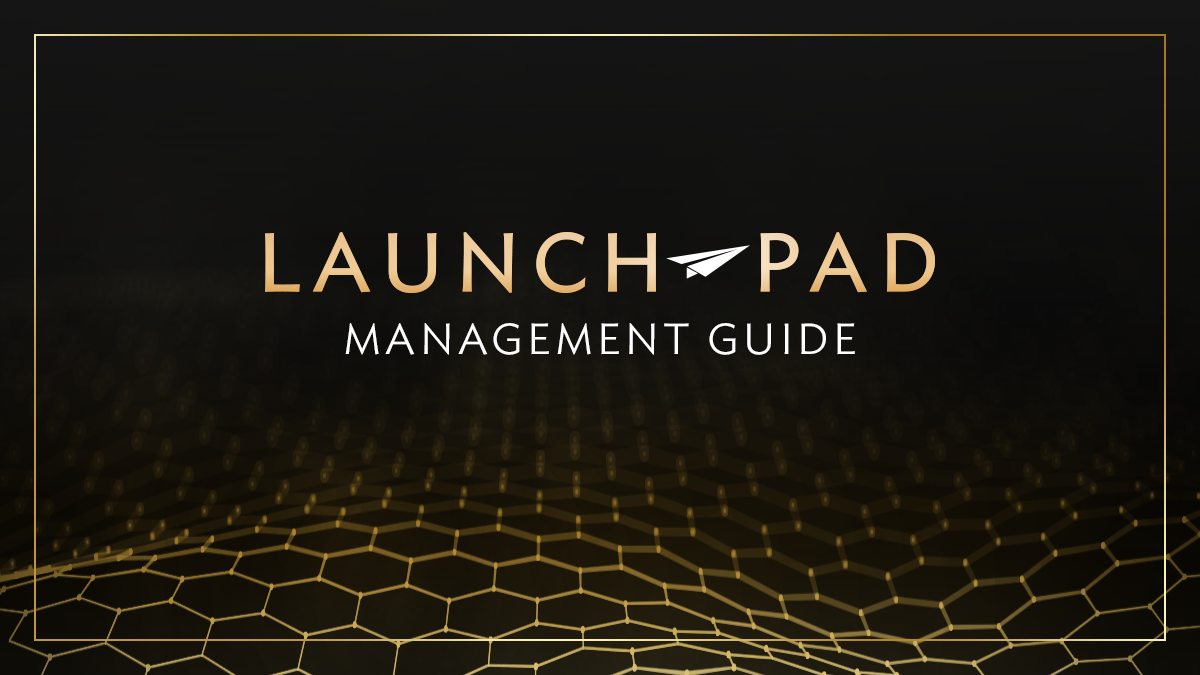
We ask professional script readers what kinds of issues they commonly see in screenplays they provide coverage for.
Getting coverage is a great way to ensure you have a solid screenplay on your hands, but which aspects of your story are being analyzed? Which story elements are most important? What are the most common mistakes writers have to fix? To answer those questions, you’d have to ask professional script readers.
Which is what we did.
Here at Launch Pad, we vet our readers to ensure they understand how the business looks at scripts and what they expect from writers. They’ve worked for leading studios, production companies, management companies, agencies, and professional writers.
I was curious if these professional script readers would prioritize different elements when analyzing scripts or if they would all agree. What I found was that up-and-coming writers typically make the same mistakes, and they’re not difficult to avoid.
Grab Us In The First 10 Pages… But Don’t Stress About The Structure Beats
A lot of interviews with execs and professional script consultants include a comment about how fast they know if a script is good or not, or how if the script doesn’t have the major catalyst by page 10 they stop reading.
Script readers DO read your scripts in full when they give you script coverage, but those first 10 pages matter a lot and set the tone for everything that follows.
“The basic idea that the reader has to be engaged starting early on is correct. That doesn’t necessarily mean there has to be some mind-blowing event.”
“No. I don’t stop reading. I will say that if there is no catalyst or inciting incident in the first 15 pages, you should be sure that you have exceptional character and dialogue work. Because if I’m reading a script and I’m almost halfway through the first act and don’t know what it’s about, I will start subtracting points.”
“No, I don’t stop reading at page 10 but I can definitely tell by that point whether or not I am into the story.”
“There does need to be some evidence of inciting incident by that general “act one” marker in order to feel like the piece is balanced and on the right track to deliver plot progression and character development.”
Typos Matter, But The Most Important Thing Is That Your Script Is Readable
Will one typo ruin your chances of placing highly among our script readers? Not according to them…
“As long as it’s “readable,” it’s fine. But if it makes it impossible to read, then they’re going to score pretty low. Most people just make simple errors that they can clean up easily, and I usually mention it but give them a pass.”
“If the script is amazing, I will still score it highly even if there are typos and grammar issues, but in my mind, if you want to be a professional screenwriter, there are a million and one free resources for how to format properly, and you should be taking the time to proofread and do a spell check.”
“Issues with typos are not going to immediately cause us to stop reading scripts, but it can detract and pull us out of what could be a really promising premise or compelling story. Unless the writer is submitting for a formatting coverage, doing a proofread before submitting is going to be really, really helpful.”
So, do typos matter? In the long run of your career, absolutely! For competitions and coverage submissions? Not so much, though, you should try to eliminate them before submitting.
Three-Act Structure Does Matter
There are tons of books and courses about screenwriting and story structure written by professionals who know what they’re doing. However, this wealth of information has led to someone online discourse over whether one is better than another. How much does this matter to our script readers? According to them, it does, but the degree that it’s applied depends on the reader and how strong the writing is.
“A solid three-act structure is really important to me as a reader. This isn’t to say that I haven’t read some absolutely stellar scripts that don’t follow the traditional three-act structure, they’re just a lot trickier to execute.”
“I apply it strongly — this shows me that the writer really knows what they’re doing and has a strong command of the storytelling “rules.” Rules can always be bent or broken, which can produce phenomenal results if done well — but in that case, the script has to be really exceptional to justify breaking these rules. For this reason, generally, it’s advisable to stick closely to the classic rules of three-act structure, especially when submitting to a competition.”
“Most stories kind of naturally fall into the three-act structure on their own, so I don’t feel the need to be by the book when it comes to tracking the plot.”
“The protagonist needs to have a clearly defined goal or central conflict by at latest the end of Act One or the beginning of Act Two — it’s frustrating when the protagonist has no clear goal or central conflict to drive the story forward.”
Give Us Something We Haven’t Seen Before!
So what gets a script reader excited about a script? Considering they’re reading hundreds of scripts per year, you need to give them something that works as a character journey and story (of course), but most importantly, you need to surprise them! Show them something they haven’t seen before.
“Having read a lot of scripts, seeing familiar beats can get frustrating. That includes starting with the protagonist as a child for no good reason while using voice-over. Or starting a pilot with the protagonist losing their job and then getting dumped. Or even a road trip movie where someone has to spread ashes. This can all still work, but it’s important to subvert expectations.”
“Something that I see a lot as a reader is writers taking a more generic approach to what could be a fun and inventive idea. Don’t be afraid to really let your voice and originality shine through in your stories, even if that can make things a little weird!”
Industry “gatekeepers,” whether they’re readers, assistants, executives, or reps are often viewed as trying to keep people out of Hollywood. The truth is, everyone wants to be the one to find the next great script and discover the next breakout talent.
“The pure creativity of so many writers! It’s so much fun to see all of the different crazy and wonderful ideas people come up with and to have a small hand in helping shape them.”
“I love tapping into the minds of the writers we support through engaging with their stories. At the end of the day, this is an incredibly difficult industry and to complete a script at all is a feat. I love paying respect to the writer’s discipline and creativity through reading their scripts, no matter the stage of development (a rough early draft or a clearly polished 4th draft). It’s an honor to get a sense of our writers through the stories they tell, and hopefully provide feedback that gets them closer to obtaining their professional goals.”
Before You Send Your Work to Script Readers
Now that you know a little more about what script readers look for and what kinds of mistakes they commonly find, make sure that you think about those things when working on your next project. You wouldn’t want to piss them off, would you? (Just kidding!)
And if you receive notes that you’re just not jiving with (or maybe you just want a second opinion), you might want to get a second read. One tip, though: understand how to receive notes. There are most definitely best practices with handling notes as a screenwriter.



